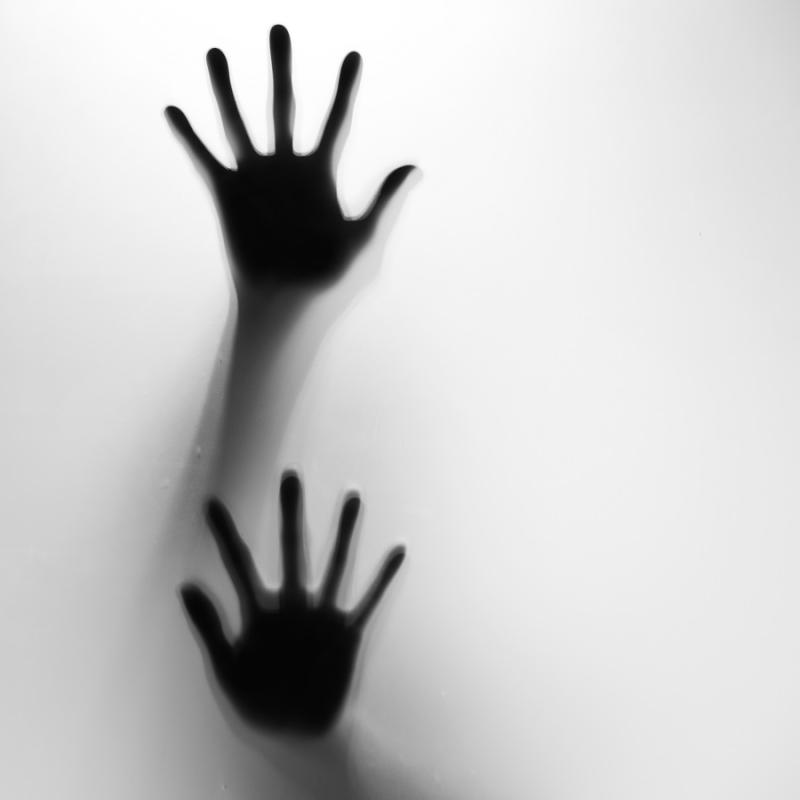Male survivors of sexual violence often experience intense feelings of shame and guilt

The crisis is still ongoing but I am pleased that our lawyer referral system appears to be getting positive results- albeit slowly. We met a lot of people this week who were left on the streets with nowhere to go, but, we also met people every day who had decisions, from the Labour Court, obliging Fedasil to provide them with accommodation.
Nonetheless, I still do not fully understand how the Cabinet passed its decision, how it could believe that people who have already applied for protection elsewhere could automatically be considered less vulnerable without, first, carrying out a proper individual assessment. This morning, while giving information outside Klein Kasteeltje, I met two sisters. One was extremely chatty and asked me a lot of questions but the other was very quiet and stood in her shadow.
At first, I thought the second lady was the first lady’s daughter and that was why she was not really interacting in the conversation. As I moved closer to hear the first lady better, I realised that the second lady was older than I had expected – she was in her mid to late twenties – too old to be the first lady’s daughter. I did not think too much about this and just assumed that the two ladies had met on their journey and that perhaps the second lady did not speak French. However, as the first lady started asking me questions and sharing her story, I quickly understood that there was another reason for the second lady’s solemn demeanour.
The two sisters came from Greece where they have spent the last few years waiting for a decision on their application for international protection. During this time, they lived in several different camps. Then, recently, they were recognised as beneficiaries of international protection. This should have been the moment when their lives changed for the better, the moment when they were able to establish roots and integrate into society – but they were never given such an opportunity. The chatty sister told me that they still lived in a camp. She described their camp as a lawless city where anything could happen to you and nobody would come to help you. Both sisters had tried to find work but, ultimately, they were hindered by linguistic barriers.
"Then last week the younger sister was attacked and raped in the camp"
Then last week the younger sister was attacked and raped in the camp. Her older sister told how she still had scars all over her back, legs and arms. As I flicked my head over towards the younger sister and looked at her again, this all made sense. Her gaze was still directed towards the ground and she looked shook – she still had not received any medical care or psychological support.
Her older sister explained how, after finding her sister, she tried to bring her to see a doctor but she could not get an appointment to see any one. She also tried bringing her to the hospital but she was discharged before she could get access to a translator. When they went to the police station, they also faced the challenge of trying to communicate what had happened1 in a language they did not know. They did not get anywhere and ultimately returned home to their camp without being provided any sort of medical care of additional protection.
"Male survivors of sexual violence often experience intense feelings of shame and guilt"
Based on this, I think that male victims of sexual violence are unlikely to be acknowledged during the brief registration process with IBZ. If males are in general hesitant to speak about sexual violence, then, I think that they probably will not share their story during a brief registration process especially if they have not had access to a support network or medical professionals yet.
These people may be more likely to share this sort of information with a healthcare professional, however, those men who have already requested asylum in another EU member state, such as Greece, will not have the opportunity to meet with a Fedasil health care professional and discuss their options with them. Instead, they will most likely be sent back out on the street with no where safe to go. This means they could be at risk of further abuse.
1 Valerie Oosterveld, ‘Sexual Violence Directed Against Men and Boys in Armed Conflict or Mass Atrocity: Addressing a Gendered Harm in International Criminal Tribunals’ (2014) 10 JILIR : journal of international law & international relations.
2 Ibid.
3 Heleen Touquet and others, ‘From “It Rarely Happens” to ‘It’s Worse for Men: Dispelling Misconceptions about Sexual Violence against Men and Boys in Conflict and Displacement’ (2020) 2 Journal of Humanitarian Affairs.

